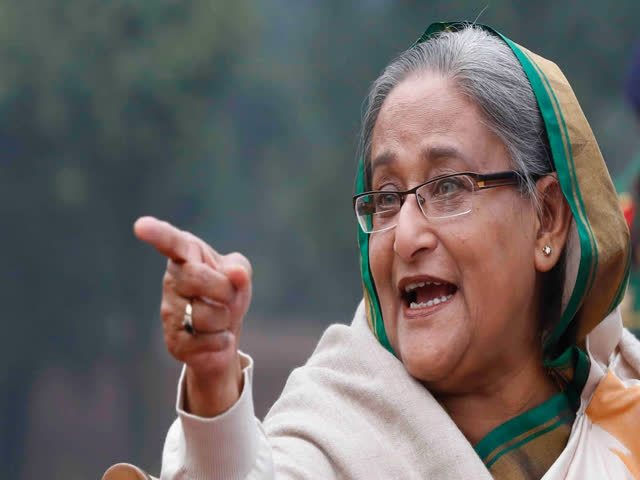Explained: Bangladesh To Request India To Extradite Sheikh Hasina, But Will India Oblige?
🎬 Watch Now: Feature Video


Published : Sep 9, 2024, 8:24 PM IST
New Delhi: The troubles facing former Bangladesh Prime Minister Sheikh Hasina, are far from over after she was forced to flee Dhaka to seek refuge in New Delhi. The new interim government in Bangladesh, led by Muhammad Yunus, is making efforts to bring her back to the country to face serious charges.
Supreme Court advocate Ashwini Dubey said, "There is an extradition treaty between India and Bangladesh. So Article 10 of that extradition treaty says that an arrest warrant from a court will suffice for extradition to be carried out and that no proof is required against the offender."
An extradition treaty between Bangladesh and India allows both countries to hand over individuals accused of crimes. The interim government intends to invoke this treaty to extradite Hasina. However, India can refuse the request under Article 7 of the same treaty.
"So Article 7 of the extradition treaty says that the request for extradition may be refused by the requested state if the person whose extradition is sought may be tried for the extradition offence in the court of the state. So article eight of that extradition treaty says the grounds which are enough to refuse the extradition, including which an accusation has not been made in good faith in the interest of justice or for military offences, which are not an offence under the general criminal law," added Dubey. The Yunus government will need to present a strong case for India to agree to hand over Sheikh Hasina.





